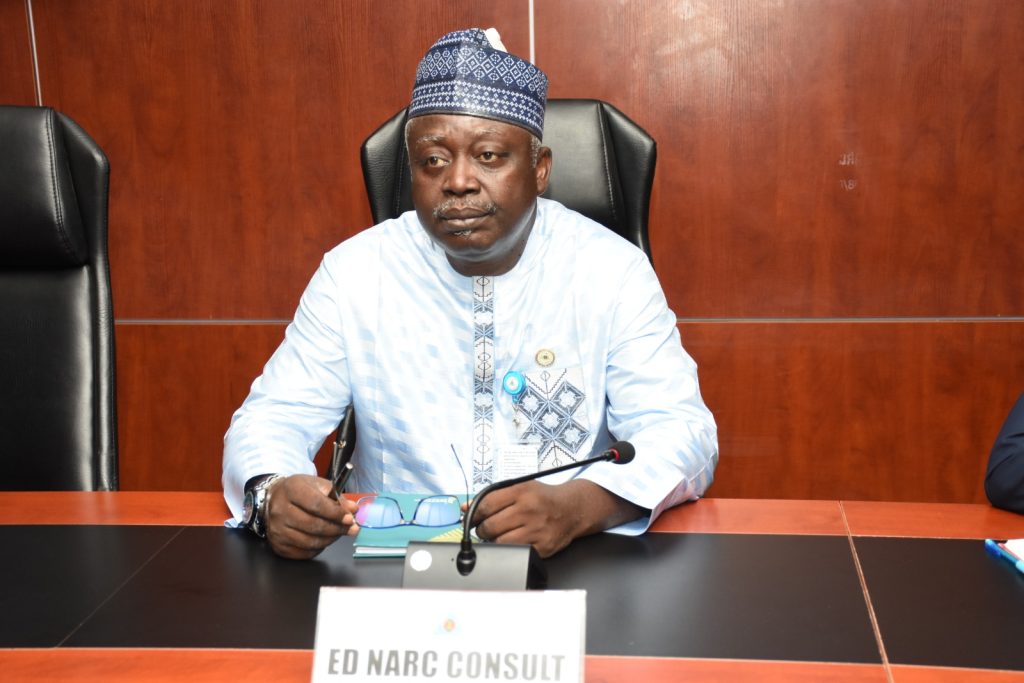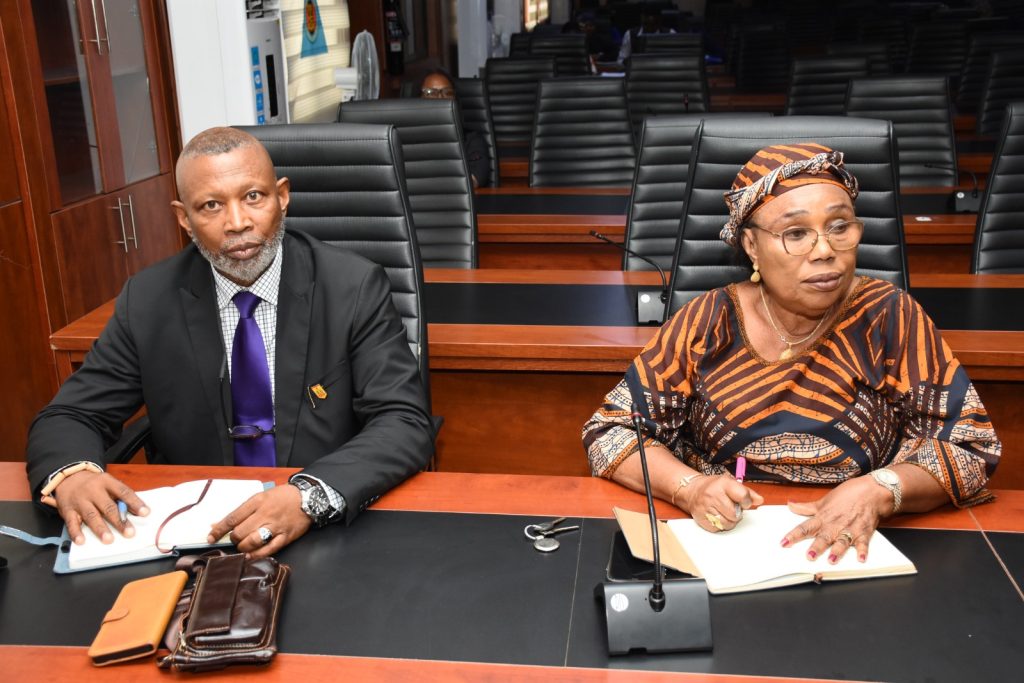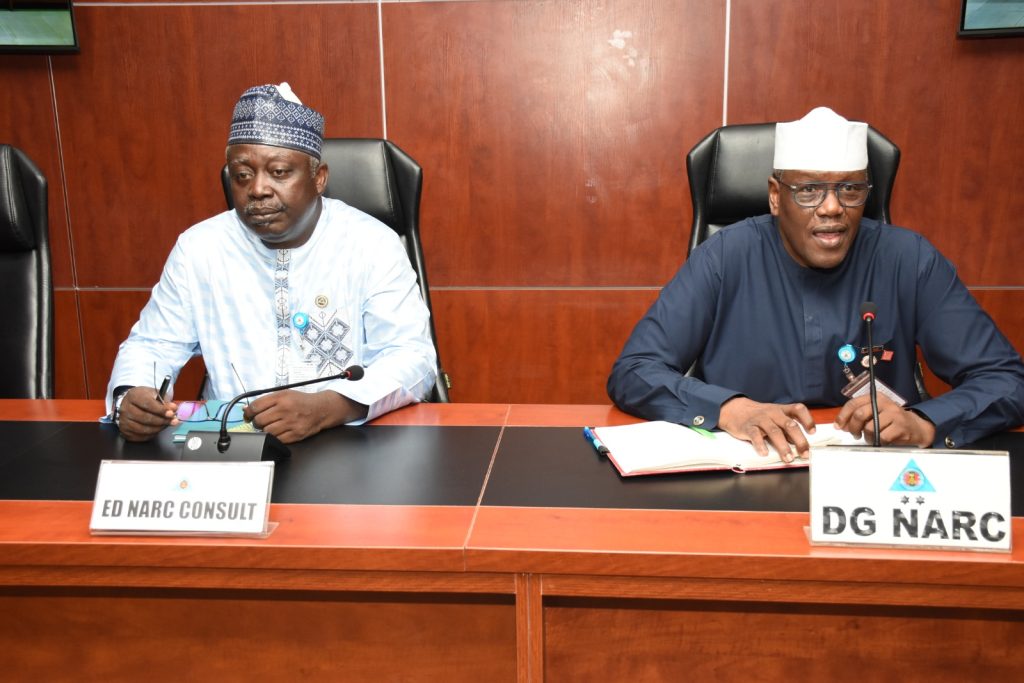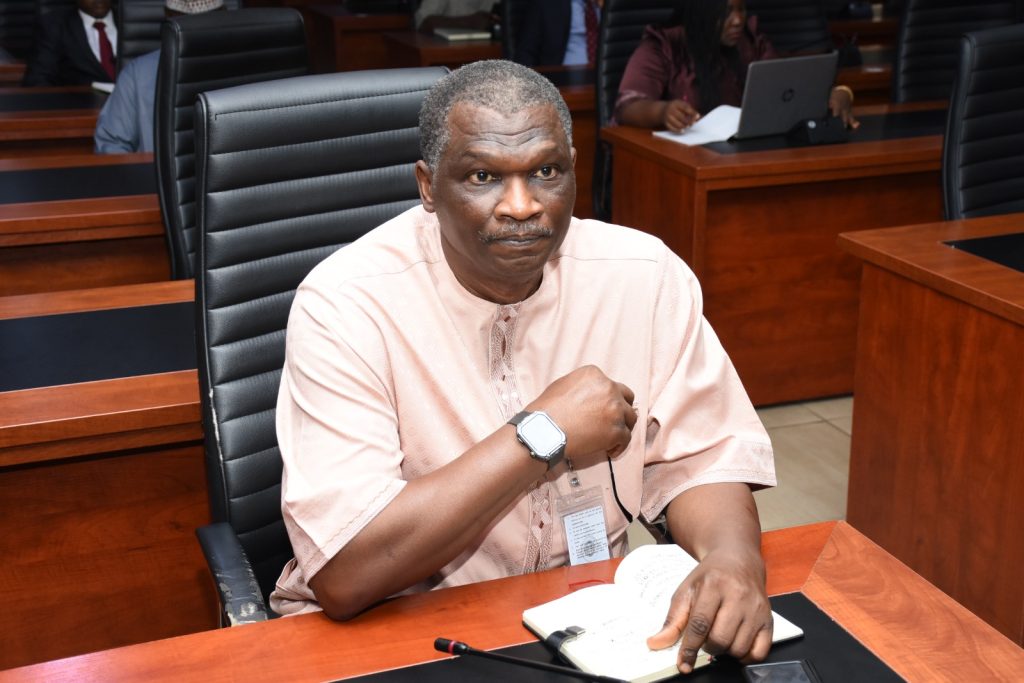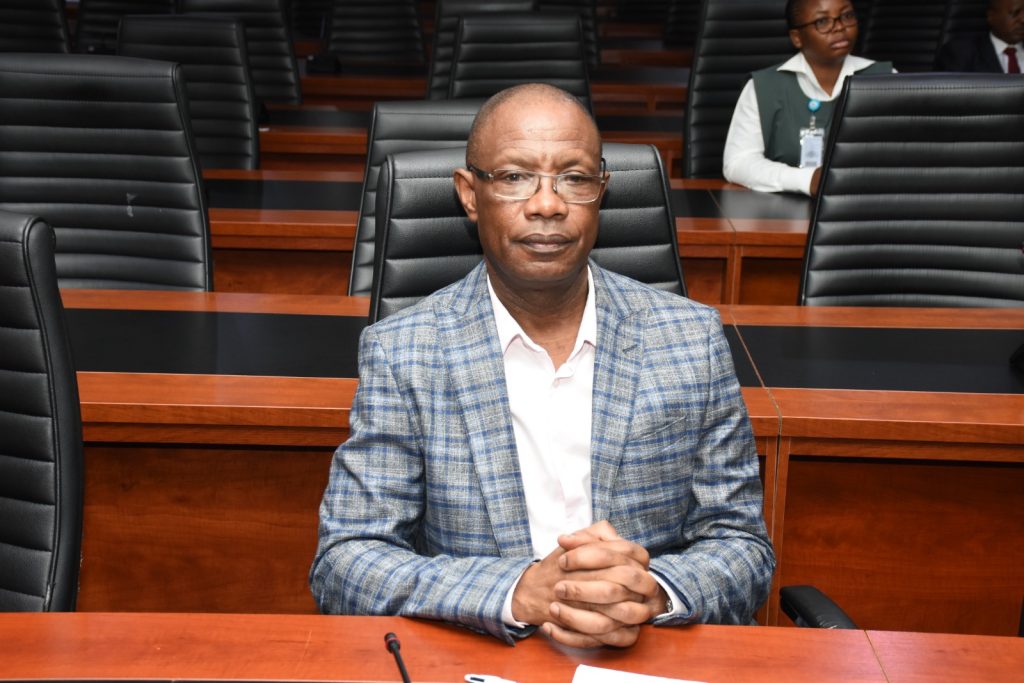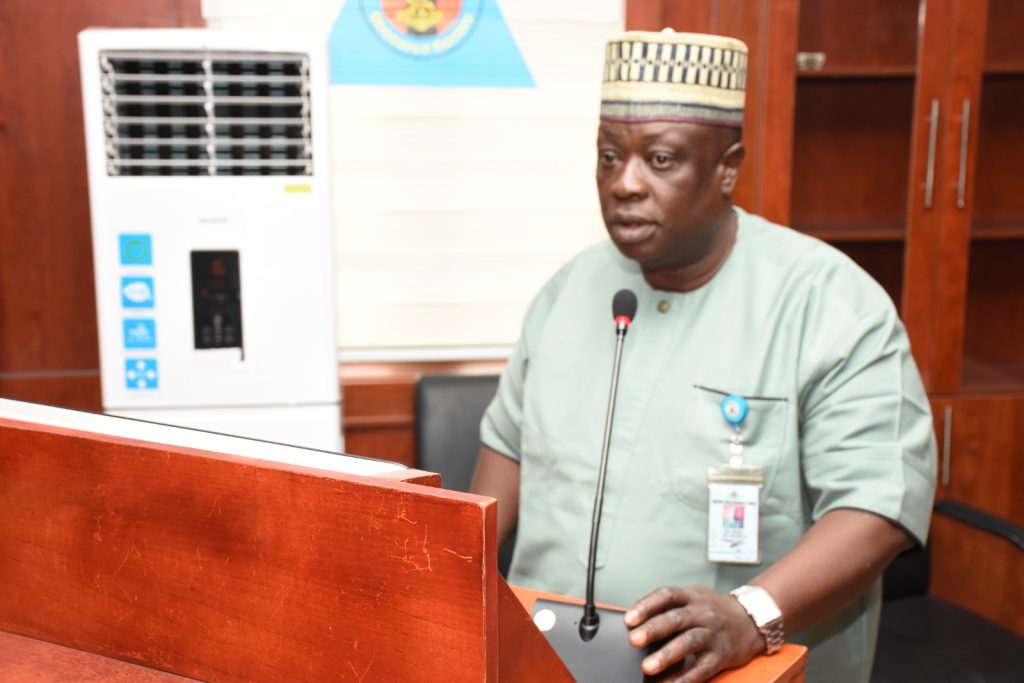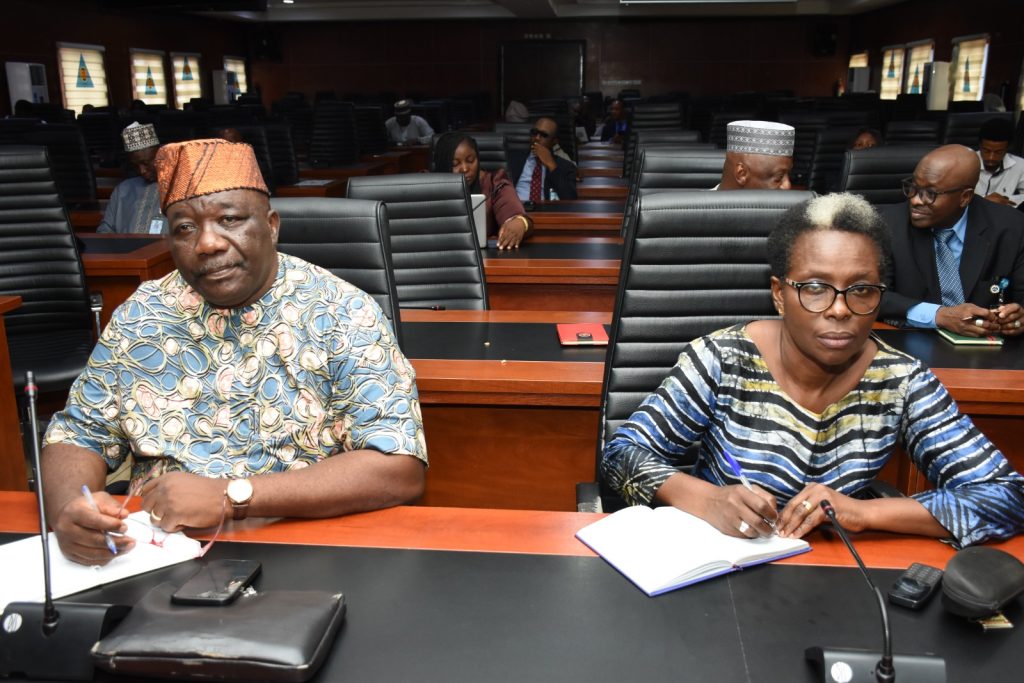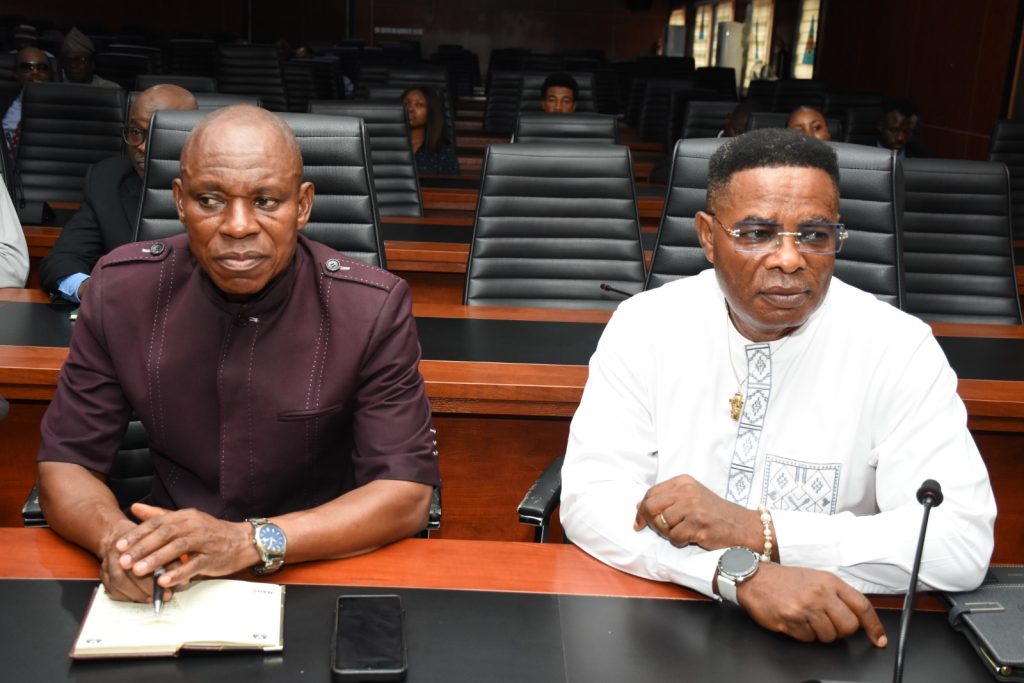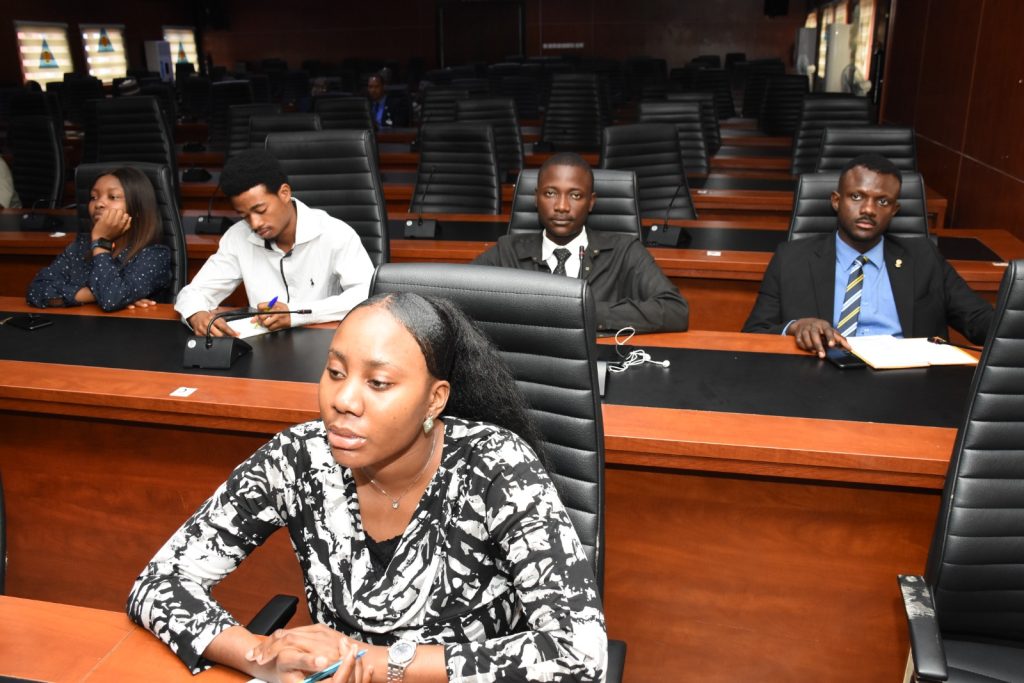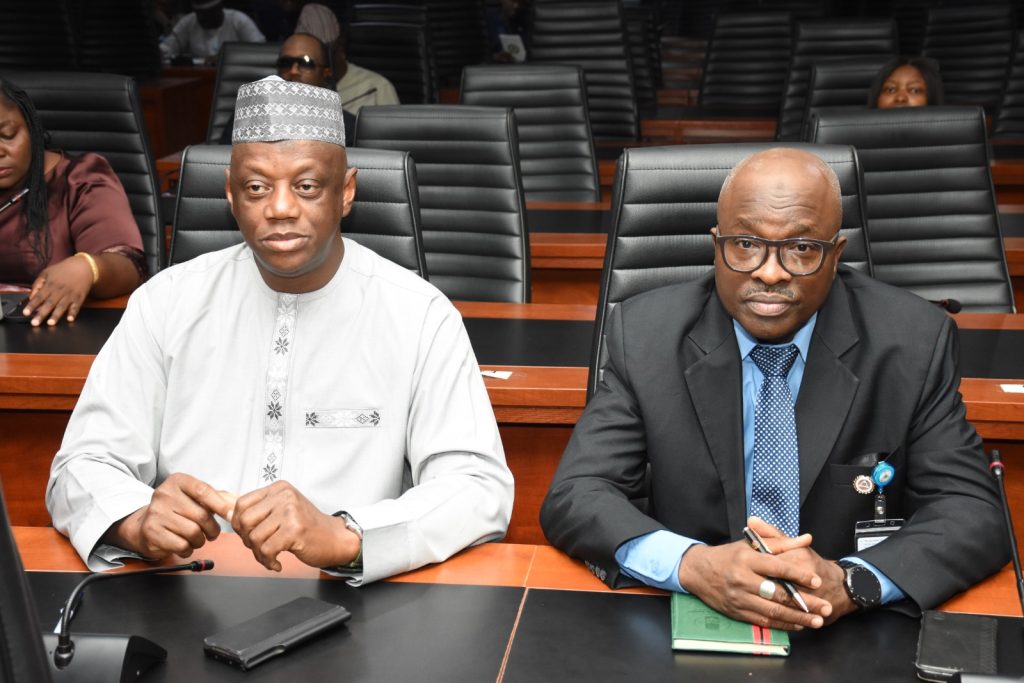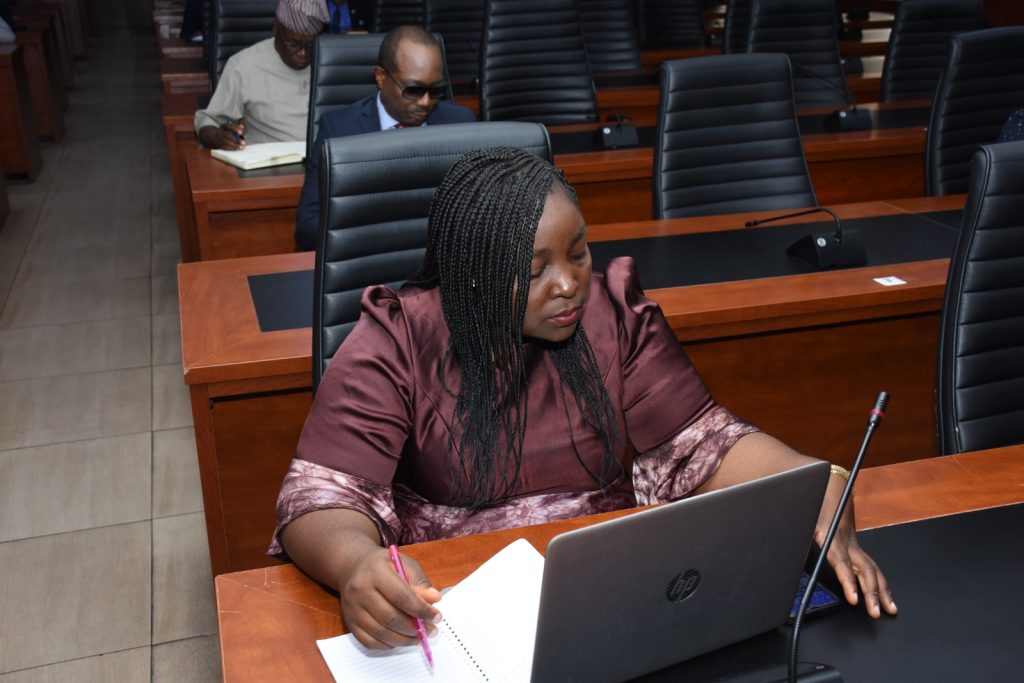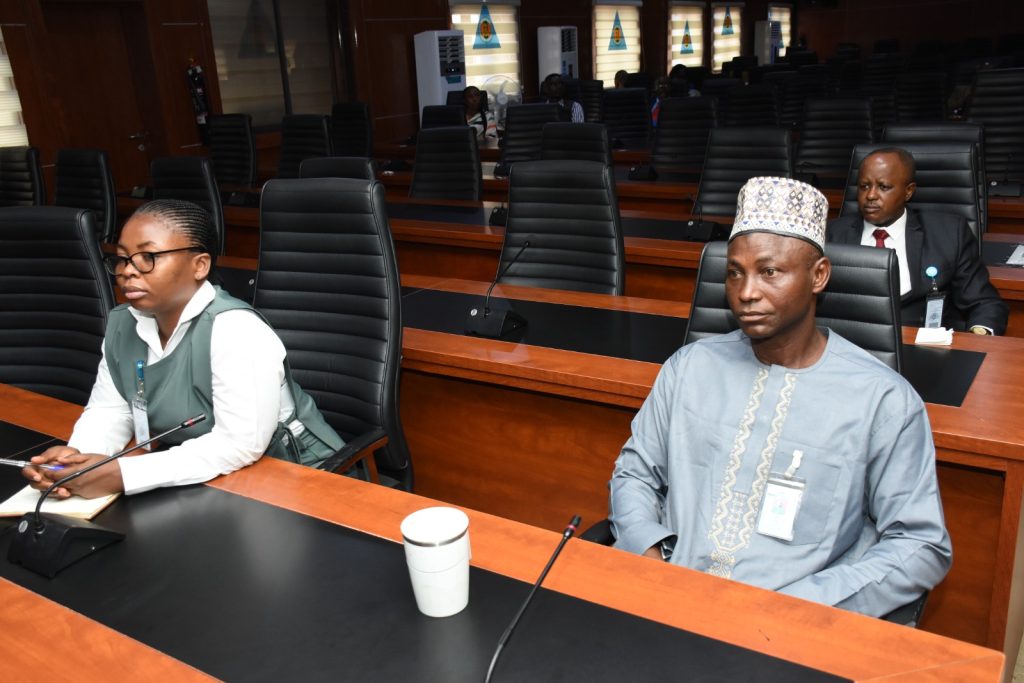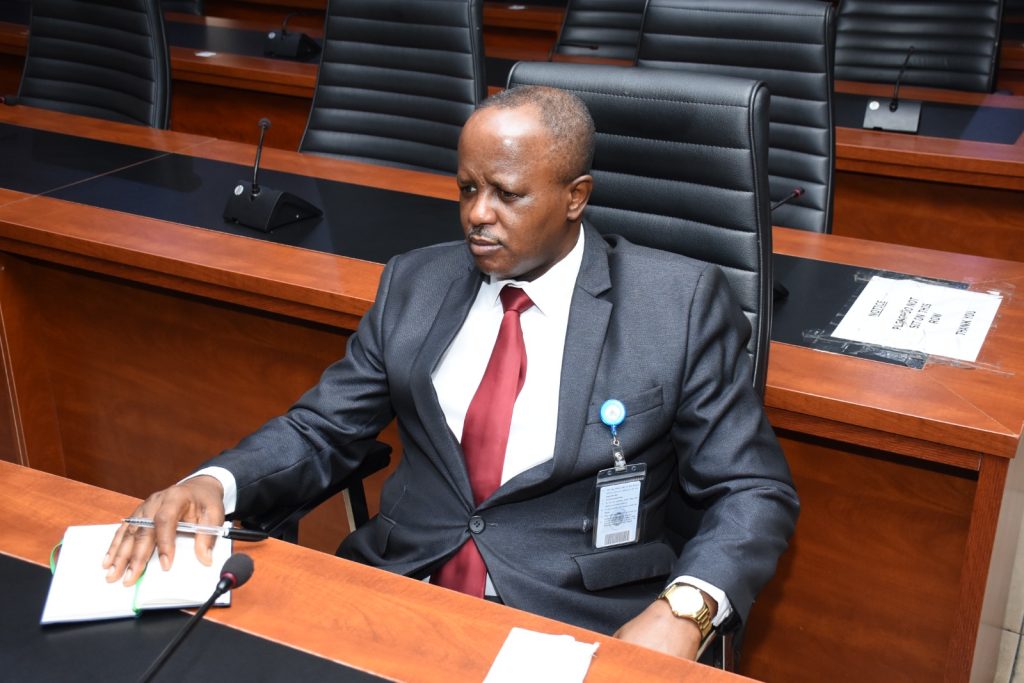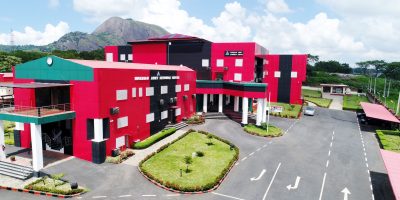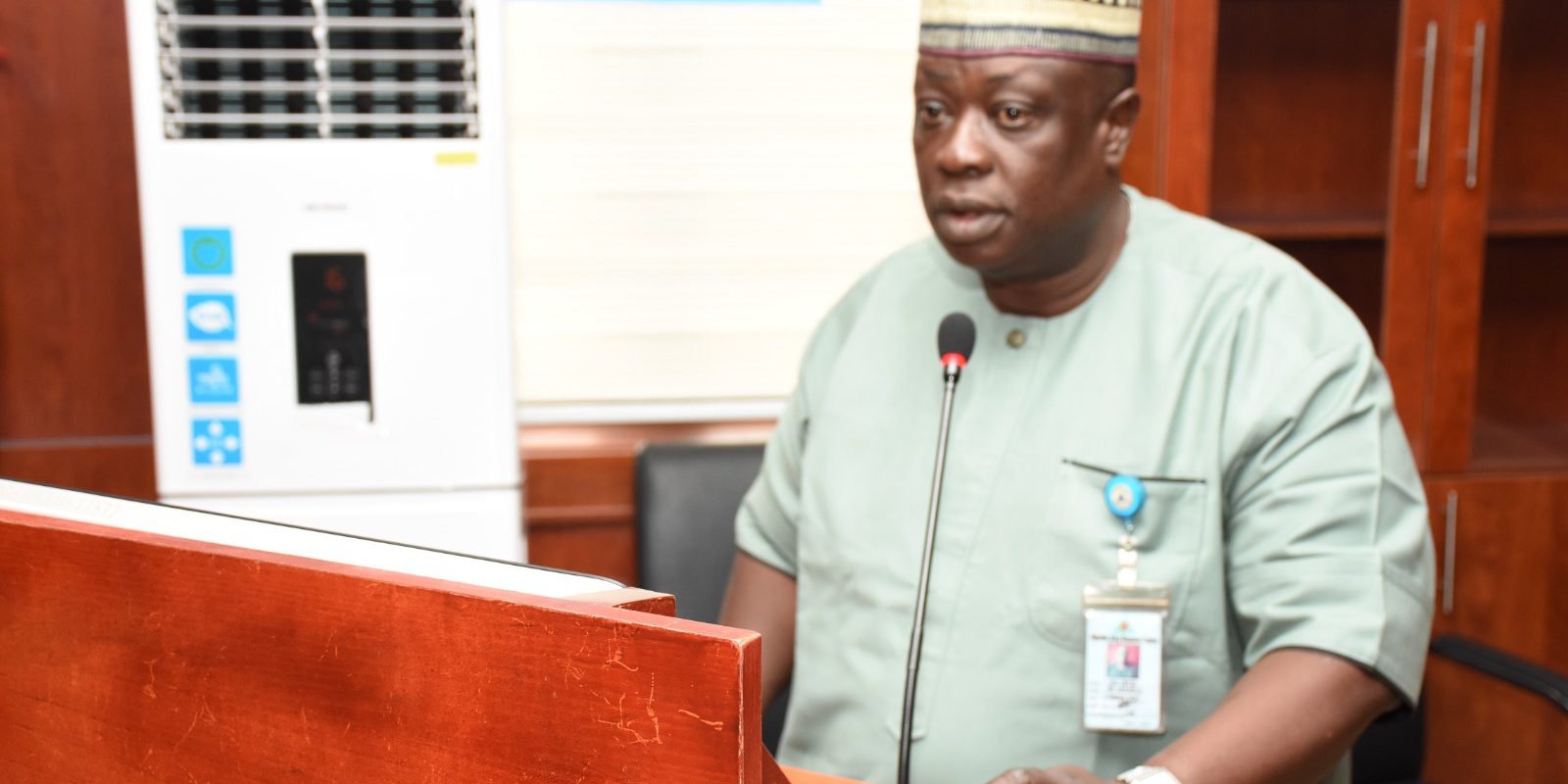Nigerian Army Resource Centre (NARC) Weekly Subject Experts’ Presentation was held at Hall C, TY Buratai Block, Abuja. There were two presentations made by the Subject Experts on Southern Africa and Middle East.
The first presentation was made by Col OR Akerele (Rtd) Subject experts on Southern Africa Centered his presentation on how, Zimasco Mining and Smelting Company Approaches Law Society Over Two Lawyers “Unethical Misconduct”. Unethical behaviour refer to actions that violate moral principles, professional standards or organizational policies, resulting in harm or unfair advantages; undermining effectiveness and reputation. It covers any action that deviates from what is considered morally right, fair or acceptable in a given context e.g. in workplace, business or academic environment. Unethical misconduct could also relate to profession like law, medicine, engineering etc. Unethical misconduct or behaviour among lawyers is clearly spelt out in Sections 7,8 and 11 of the Nigeria Legal Practitioners Act and Sections 251 and 272 of the Constitution of the Federal Republic of Nigeria 1999 (Revised).
Unethical behaviour by a lawyer can undermine the rule of law and includes actions like discriminating against clients, representing wrong doers, abusing of other parties, silencing claimants, abandoning or neglecting particular clients; abusing of power or office, misrepresentation of facts, infringing on clients data protection polices, illegally padding resume to alter judgment unethical tactics during witness interviews and financial misconducts e.g. misappropriating clients funds and fraudulent billing practices.
In his analysis and lessons for Nigeria, Col OR Akerele (Rtd) pointed out that, In Nigeria, unethical behaviour by lawyers includes conflicts of interest, interest, mismanaging clients funds, neglecting duties and courtroom impropriety with the Legal Practitioners Disciplinary Committee (LPDC) addressing such misconduct. Lawyers misconduct in Nigeria also covers negligence neglect of legal duties aid other unprofessional behaviour by lawyers such as theft, framed, lying to colleagues, misleading communication to clients and witnesses, cheating, discrimination, abusive behaviours and sexual harassment of clients and witnesses. Some registered cases of unethical misconduct by lawyers in Nigeria are:The Honeywell Groups Vs Ogunba. Punch Newspaper 15 March 2018, Aondoakoa Vs Obot. NWLRN (Pt 154) 394, 2016
Ibid. 327 – 28. Bridget Edokwe. Matters Arising from the Decision of the Supreme Court in @ Michael Aodokaa (SAN) V Emmanuel Bassey Obot (2022)”, Barrister NG.Com May 3, 2022. Lawan Vs Zenon Petroleum & Gas LTd Ors (2014) LPELR – 23206 (CA). the Court of Appeal per Adwnein. JSC at pages 51 – 2 admonished council on appropriate manner to address a judge or court of law, Kalgo, JSC of the Supreme Court of Nigeria admonished lawyers not to address a Judge in the third person pronoun. All the above cited misconducts, referred to the Legal Disciplinary Committee were met with sanctions but not publicized. It could therefore be more appropriate for the LDC to promptly investigate and deliver sanctions or judgments on reported cases of unethical behaviours by lawyers in Nigeria within a definite timeline and publicize such accordingly. However, some causes of unethical misconducts in Nigeria include bribery and corruption, ethnicity, political affiliations, get rich quick syndrome, inadequate training and ineffective discipline procedure.
He recommended that, The Legal Practitioners Disciplinary Committee should immediately sanction all erring layers and judges with reported cases of proven professional/unethical misconduct or behaviour and publicise such.
The second presentation was made by Brig Gen AR Bello Subject experts on Middle East focused his presentation on how, Iraq’s Starts 40km Basra Gas Pipeline Project in Focus. On 14 Mar 25, Iraq’s Oil Ministry announced the commencement of a major gas pipeline project in Basra, aimed at supplying fuel to power plants as part of the country’s strategy to diversify its energy sources. The Oil Minister Hayan Abdul Ghani confirmed the initiative during his visit to Khor Al-Zubair port, where work is underway on a dry gas pipeline critical for power generation, according to an official statement from the ministry (Shafaq News, 2025). The project, spearheaded by the state-run Oil Projects Company (OPC), involves the construction of a 40-kilometer pipeline running from Khor Al-Zubair to Shatt al-Arab. With a diameter of 42 inches pipeline which is being developed by engineering and technical standards, the ministry assured that it remains on schedule. The launch of the initiative follows the expiration of a U.S. sanctions waiver on March 8, which previously allowed Iraq to import Iranian gas for electricity generation. Ali Shaddad, spokesperson for the parliamentary Oil and Gas Committee, highlighted Iraq’s heavy reliance on gas-fired power plants, particularly outside Basra, making the nation’s energy sector vulnerable to supply disruptions.
In his analysis and lessons for Nigeria, Brig Gen AR Bello stressed that, Nigeria like Iraq relies heavily on these fossil fuels for power generation. However, despite having Africa’s largest gas reserves estimated to be 209 trillion cubic feet, it still struggles with unreliable power due to poor gas infrastructure, vandalism and weak policies resulting in frequent grid collapses (Natural Gas World 9 Sept 2024).It was estimated that between 2015 – and May 2024, Nigeria witnessed over 105 national grid collapses (Daily Trust, 2024). As of 2024 alone, Nigeria’s national grid collapsed 12 times, exacerbating blackouts across major cities (Intelpoint, 2024). Despite having over 13,000MW of installed capacity, only about 4,000MW is reliably available, far below the required demand (AP News, 2024). Additionally, the Transmission Company of Nigeria (TCN) struggles with outdated infrastructure, contributing to inefficiencies (Punch, 2024). There is need to enhance power, pipeline and energy Infrastructure Security. Consequently, the Kolmani Oil Exploration presents a great opportunity for Nigeria to improve its energy sector. The Kolmani Integrated Development Project is a significant oil and gas initiative in Nigeria located in the Kolmani oil field, which spans Bauchi and Gombe States in the Northeast region. This project is notable for being the first oil drilling and refining project in Northern Nigeria marking a major shift in the country’s energy landscape (Punch Newspapers, 2024).
He recommended that, The Federal Ministry of Petroleum Resources in conjunction with the Ministry of Power should develop shorter, localized gas pipelines to power plants.
